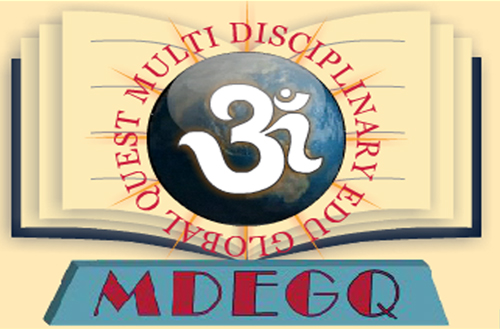THE MAKING OF HISTORY OF TRANSLATION: A HISTORIAN’S DISCOVERY OF THE PAST: A WESTERN CONTEXT
History is a human creation. History is written by different historians from different points of view. For centuries, the writing of any type of history and especially that of Translation Studies (TS) has been viewed insignificant, non-creative and therefore inferior activity. However, many history books written so far include cultures, races and religions of not only the Source Language (SL) text but also those of the Target Language (TL) text. The writing of history in this way becomes the serious study of different nations’ cultural, religious, political and historical but above all literal traditions and trends of contemporary translation practice. A variety of discourses on history explores the basic ground work for new methods and models possible. The inclusion of new methods and topics in the eighteenth and the nineteenth centuries offered the discovery of history a new turn. In addition to that, the introduction of TS from linguistic and cultural points of view offered a new paradigm, avenue and direction of writing history not only in a novel way but also with a new approach to it. Thus, the writing of history is not only a creation of a book, but rather a systematically serious attempt to re/-create knowledge about the field on which the history is written for the benefit of the posterity.
The present paper reviews the history of translation with reference to its praxis, especially in the West. It evaluates several cultivated fields along with the uncultivated ones taking into account the theorist, the translator, the TL texts and especially the role of a historian. Examination of various history books already published in the area of TS may function as the row materials. The activity of translation opens up many new avenues for the readers taking them on the tour of knowledge creation through various nations’ translated books into various languages. Thus, the rewriting of history of translation necessarily prepares the background to benefit the readers from many brilliant traditions. It also focuses on how the rewriting of history of translation can be influenced by the introduction of new technologies, establishments of various organizations of translation, the introduction of linguistics to TS, the role of books and journals in print and that of e-books and e-journals and the role of internet with different softwares and websites.
